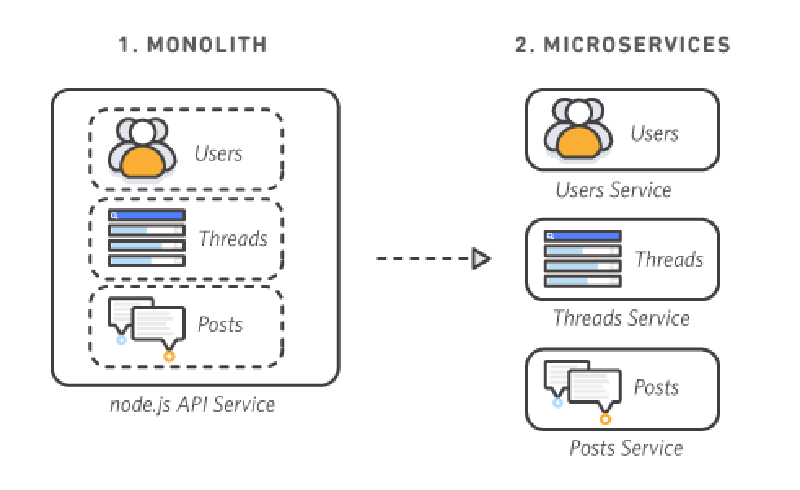Preface
- Although I started working with microservices last year and deployed them on my personal server, they were all using direct connection mode. Today I took the opportunity to upgrade the
go-zerocodebase and revamp the architecture.
Framework
-
I continued using
go-zero(https://github.com/zeromicro/go-zero) which was originally adopted last year, just updating to the latest version. -
The code structure features a double-layer service under the root
appdirectory, with shared code inpkg(e.g., configuration center access) and a commonDockerfilefor all services.
1.png -
The
Dockerfileuses multi-stage builds. The build argumentSERVICE_PATHspecifies the target service:docker build -t xxx:xx --build-arg SERVICE_PATH=${SERVICE_PATH} .
FROM golang:alpine3.18 AS builder
LABEL stage=gobuilder
ARG SERVICE_PATH
ENV CGO_ENABLED 0
RUN echo -e 'https://mirrors.aliyun.com/alpine/v3.18/main/\nhttps://mirrors.aliyun.com/alpine/v3.18/community/' > /etc/apk/repositories && apk update --no-cache && apk add --no-cache tzdata
WORKDIR /build
COPY . .
RUN go env -w GO111MODULE=on
RUN go env -w GOPROXY=https://mirrors.aliyun.com/goproxy/,direct
RUN go mod download
RUN go build -ldflags="-s -w" -o /build/main /build/app/${SERVICE_PATH}
FROM scratch
ARG SERVICE_PATH
COPY --from=builder /etc/ssl/certs/ca-certificates.crt /etc/ssl/certs/ca-certificates.crt
COPY --from=builder /usr/share/zoneinfo/Asia/Shanghai /usr/share/zoneinfo/Asia/Shanghai
ENV TZ Asia/Shanghai
WORKDIR /app
COPY --from=builder /build/main /app/main
ENTRYPOINT ["./main"]
- To deploy multiple instances on a single machine without port conflicts, we dynamically assign available ports during
go-zerostartup:
func GetAvailablePort() (int, error) {
address, err := net.ResolveTCPAddr("tcp", "0.0.0.0:0")
if err != nil {
return 0, err
}
listener, err := net.ListenTCP("tcp", address)
if err != nil {
return 0, err
}
defer listener.Close()
return listener.Addr().(*net.TCPAddr).Port, nil
}
Service Registration & Discovery && Configuration Center
- Key requirements for personal deployment: low cost and reliability.
- Service registration/discovery uses etcd.
- Configuration center also leverages
etcd(configs pulled at startup), managed via etcdkeeper with built-in JSON/YAML support.
docker-composefor infrastructure setup:
version: '3'
services:
etcd:
container_name: etcd
image: bitnami/etcd:3
restart: always
environment:
- ETCDCTL_API=3
- ALLOW_NONE_AUTHENTICATION=yes
- ETCD_ADVERTISE_CLIENT_URLS=http://127.0.0.1:2379
volumes:
- "./data/etcd:/bitnami/etcd/data"
network_mode: host
etcdkeeper:
hostname: etcdkeeper
image: evildecay/etcdkeeper:v0.7.6
network_mode: host
restart: always
CI
- Using Coding for CI/CD with 10 free build hours/month.
- Environment variables
SERVICE_PATH(build target) andSERVICE_NUMBER(instance count) are injected during builds. - Deployment pseudo-code:
script {
def count = SERVICE_NUMBER.toInteger();
echo "Deploying: ${count} instances"
for (int i = 0; i < count; i++) {
sshCommand(
remote: remoteConfig,
command: "docker run --cpus=0.5 --memory=100m -d --net=host --restart=always --name ${SERVICE_NAME}-${i} ${IMAGE_NAME}:${CI_BUILD_NUMBER}",
sudo: true,
)
echo "${SERVICE_NAME}-${i}..."
}
}
End
- Final deployment shows multiple service instances running:



